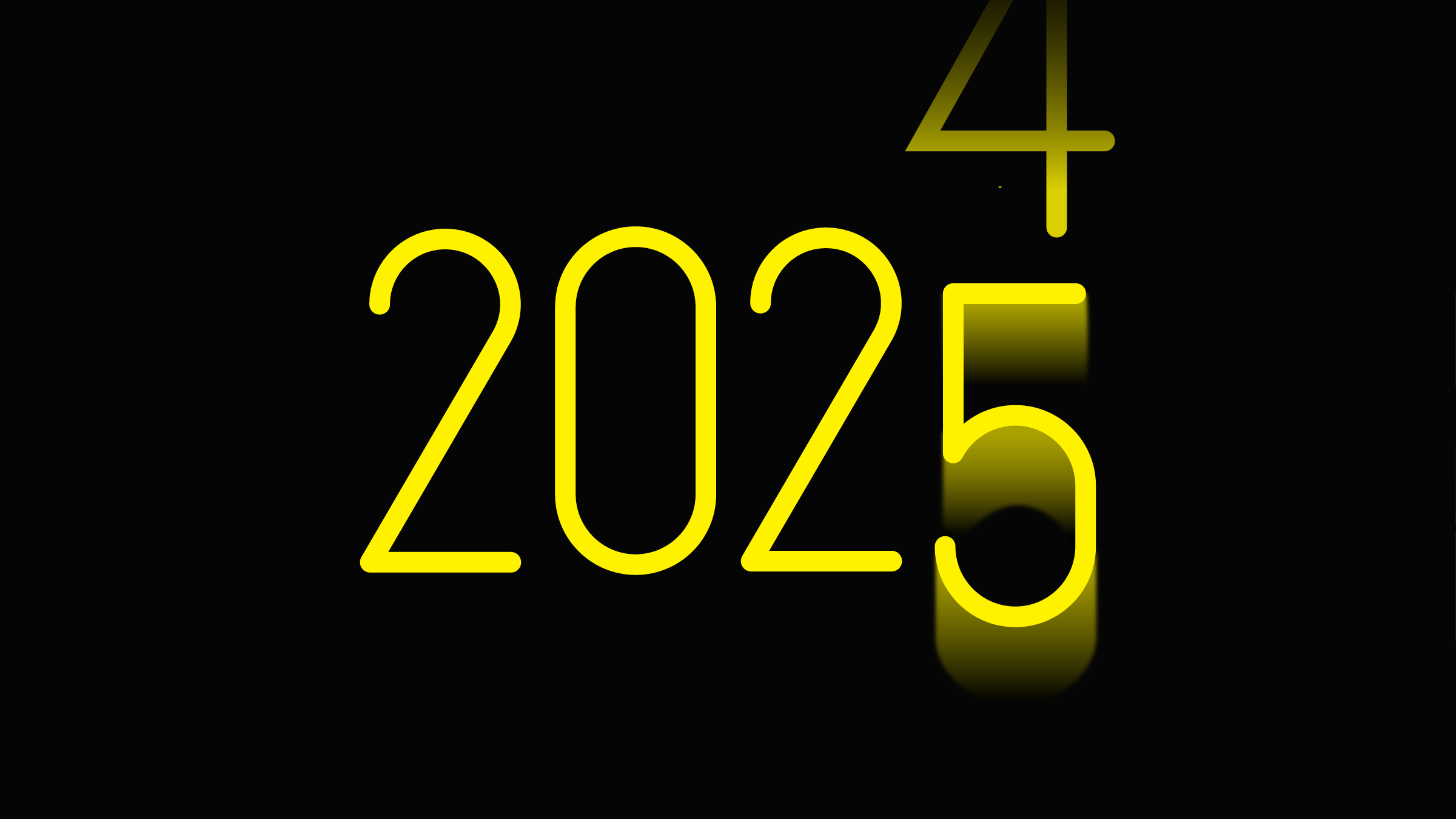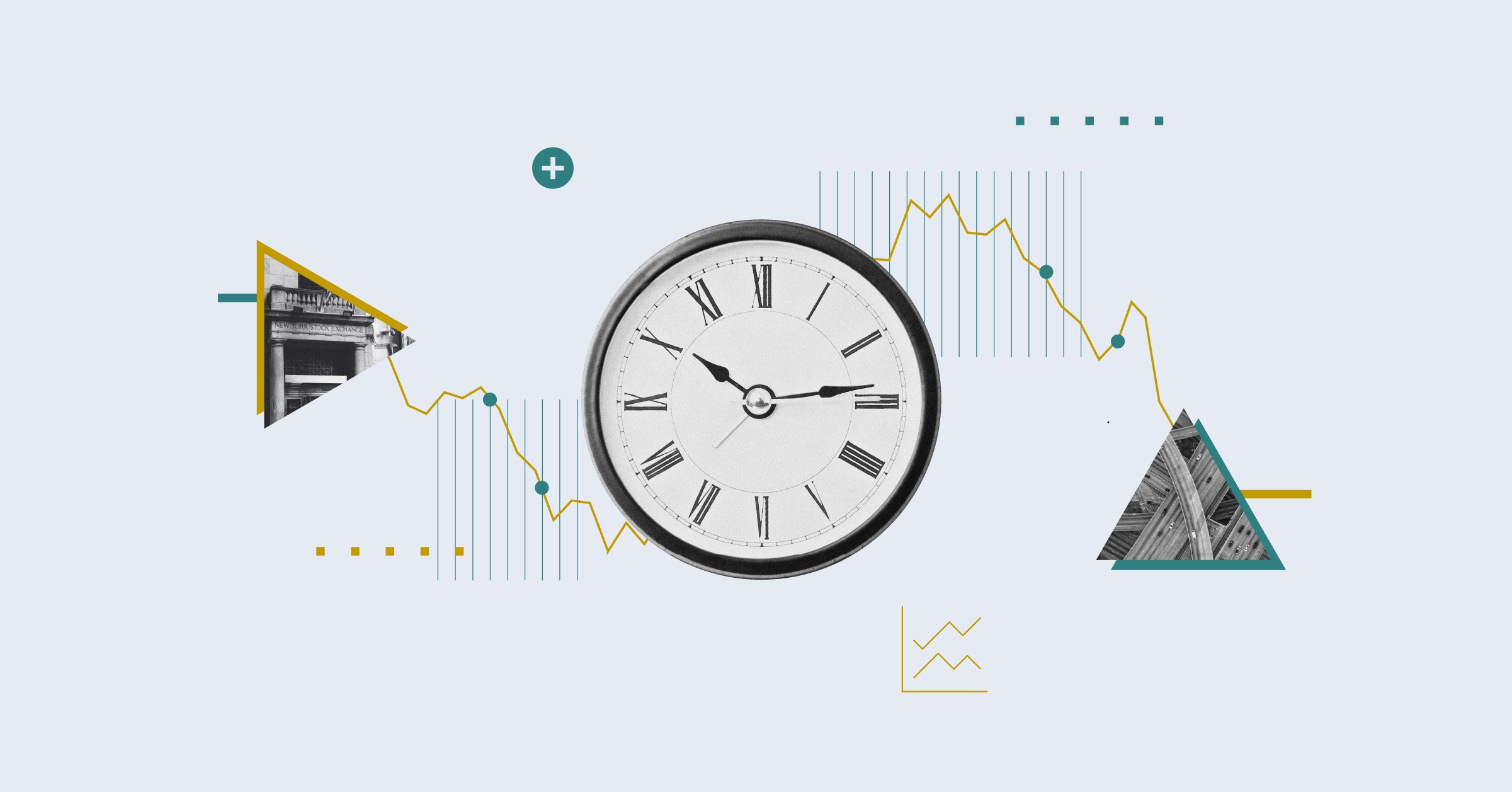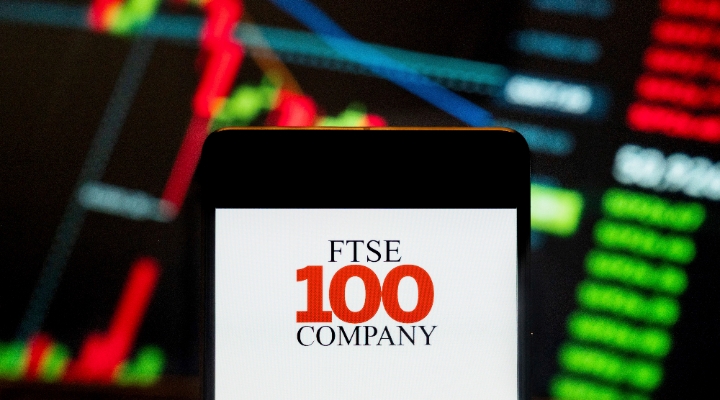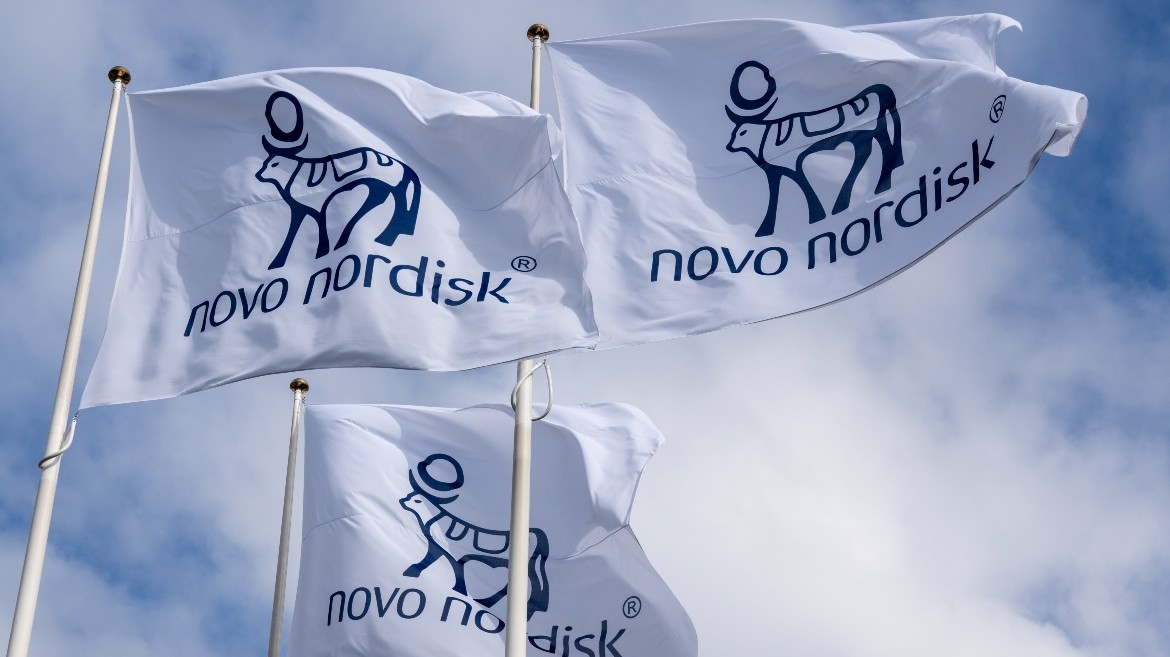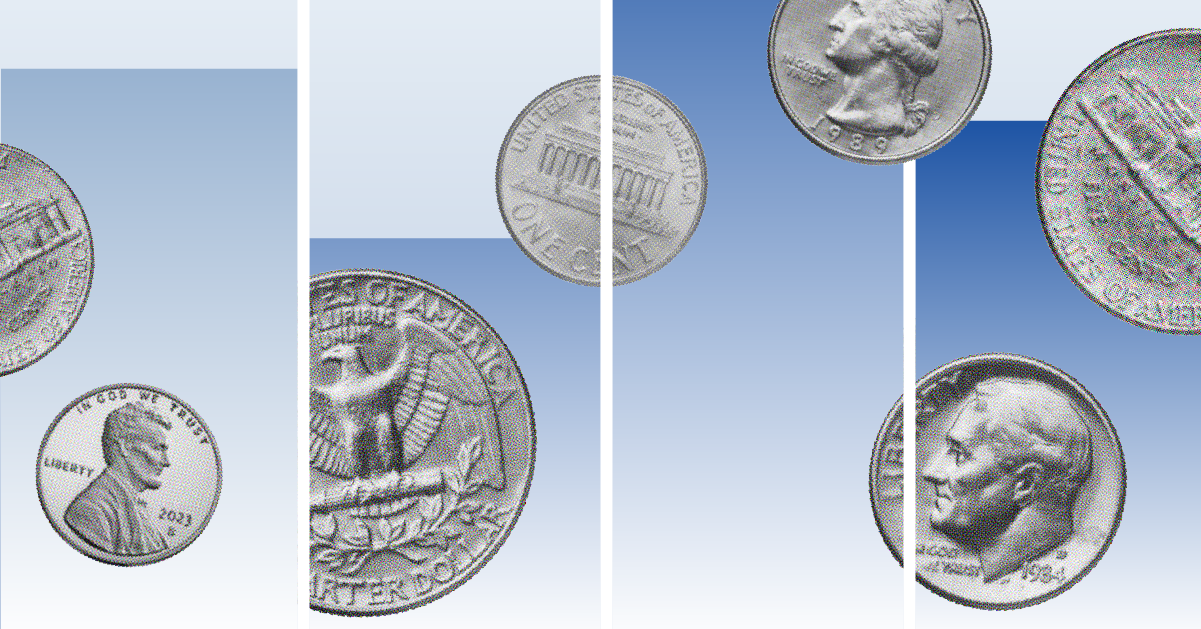(Alliance News) - Stock prices in London were a touch higher on Friday, with the FTSE 100 more or less treading water, as trade lacked conviction on a combination of end of month calm and a lack of impetus from New York as markets there only re-open for a shortened trading day.
The FTSE 100 index added just 3.66 points to sit at 8,284.88. The FTSE 250 registered a more convincing 31.63 point gain, 0.2%, at 20,794.41, and the AIM All-Share added 1.49 points, 0.2%, at 732.40.
The Cboe UK 100 rose 0.1% at 832.14, the Cboe UK 250 added 0.3% at 18,306.43, and the Cboe Small Companies rose 0.1% at 15,811.03.
Stocks in New York are called to open higher. The Dow Jones Industrial Average is called up 0.4%, the S&P 500 up 0.3% and the Nasdaq Composite 0.4% higher.
The pound was quoted at USD1.2695 early Friday afternoon, up from USD1.2677 at the time of the London equities close on Thursday. The euro stood at USD1.0567, rising from USD1.0549. Against the yen, the dollar was trading at JPY149.94, falling from JPY151.50.
The odds of a 50-basis-point European Central Bank rate cut decreased on Friday, after numbers showed consumer price inflation accelerated.
A Eurostat estimate showed consumer price inflation picked up to 2.3% in November, in line with consensus, from 2.0% in October.
According to Eurostat, annual service price inflation eased to 3.9% this month from 4.0% in October. However, energy prices fell at a slower pace of 1.9% compared to 4.6%.
It is the last batch of inflation data before the next European Central Bank decision on December 12. The final data for November is released on December 18, so after the rate call.
"While we think there is a good case for the ECB to cut interest rates by 50bp in December, several influential members of the Governing Council seem opposed to the idea and the strength of services inflation will arguably bolster their case. But if we're right that services inflation will decline in December and beyond, and that the economy will remain weak, we think bigger cuts will be on the cards sooner or later," Capital Economics analyst Jack Allen-Reynolds commented.
Capital Economics also expects a quarter-point cut, with the hotter inflation reading on Friday reducing the likelihood of a 50 basis point reduction.
In London, AJ Bell analyst Dan Coatsworth noted the focus was on M&A, as the "takeover juggernaut keeps trucking".
Spire Healthcare shares rose 7.7%. The Economic Times in India reported Bangalore-based Narayana Health is sizing up acquiring a controlling stake in private hospital company Spire.
Narayana is in talks with shareholders in Spire to acquire the stale, The Economic Times reported, citing people "aware of the matter".
AJ Bell's Coatsworth added: "Spire has been a frustrating share to put it mildly, barely changing price since late 2021, which means investors might welcome the opportunity to sell out to Narayana if it's paying a premium."
TI Fluid shares rose 1.8%. It accepted a GBP1.04 billion offer by Canadian automotive components maker ABC Technologies.
ABC, owned by affiliated funds of Apollo Global Management IX LP, will pay 200.0 pence in cash for each TI Fluid share, a 55% premium to the thermal management and fluid handling systems provider's share price of 129.5p on September 13.
September 13 was the last trading day before TI Fluid entered an "offer period".
The deal gives TI Fluid a GBP1.83 billion enterprise value, including debt.
On the decline, defence firm BAE Systems lost 4.2%. Bank of America cut the stock to 'underperform'.
Retail was also in focus on Black Friday, a key day for the sector. Berenberg kicked off coverage of Next at 'buy', but adopted a less bullish view of Marks & Spencer, beginning at 'hold'.
Next rose 0.8%, while M&S added 0.2%.
Berenberg reinitiated athleisure retailer JD Sports at 'buy', its shares rose 0.2%. It began Kingfisher at 'hold'. Shares in the DIY retail chain operator rose 0.7%.
Elsewhere in London, Peel Hunt fell 1.2%. The company's earnings grow in its half-year, despite UK budget and US election uncertainty keeping a lid on progress. The London-based company provides investment banking, advisory and capital markets services, as well as research & distribution and a trading platform.
It swung to a half-year pretax profit of GBP1.2 million in the six months to September 30 from a loss of GBP773,000 a year prior. Revenue grew by 26% to GBP53.8 million from GBP42.7 million a year before, bolstered by a strong performance in its investment banking division.
Peel Hunt explained that weaker trading volumes experienced towards the end of the first-half, owed to concerns surrounding the US election and UK autumn budget.
UK worries centred on concerns that inheritance tax relief on AIM listed companies would be withdrawn by the new Labour government. In the event, UK Chancellor Rachel Reeves said a 50% relief still would apply in all circumstances on inheritance tax for shares on AIM, and other similar markets, setting the effective rate of tax at 20%.
The CAC 40 in Paris rose 0.4%, and the DAX 40 in Frankfurt added 0.2%.
Dutch bank Rabobank said focus remains on events in France, where there is a budget impasse.
"PM Michel Barnier made some concessions to Le Pen as he abandoned plans to raise electricity prices in the 2025 budget. However, it appears that further concessions will be required if Barnier is to avoid the National Rally voting against his government in the no-confidence vote that is set to follow him pushing through the social security portion of the new budget on Monday via article 49.3. Even if this portion of the budget does pass through without incident, the door is still wide open for a loseable no confidence vote later in December when the rest of the budget is pushed through using article 49.3," Rabobank analysts explained.
Worries have spilled over into the bond market, XTB analyst Kathleen Brooks noted, with the French 10-year sitting at a "significantly" chunkier yield than Spanish and Portuguese counterparts. It had also traded "on par with Greece's 10-year yield".
"Italy, long considered the most fiscally vulnerable member of the currency bloc, has a 10-year bond yield of 3.3%. If you look at French bond yields in isolation, you would not think there was a problem. For example, the 10-year yield is lower by 14bps in the past month, compared with a decline of 7 bps for UK 10-year bond yield. In the past week, the French 10-year yield is lower by 8bps, which is line with global trends," Brooks added.
"However, the problem for France is two-fold. Firstly, its yields are rising at a faster pace than other currency members. It is no longer considered one of the safest sovereign bonds in the currency bloc, and instead is languishing near Greece and Italy, who have a history of fiscal squeezes. Secondly, this means that the market sees an enhanced chance of a fiscal crisis for France, which leaves its bond market vulnerable at the same time it has a budget deficit of 6% of GDP."
Brent oil was quoted at USD72.14 a barrel early Friday afternoon, down from USD72.74 at the time of the London equities close on Thursday. Gold climbed to USD2,661.23 an ounce, from USD2,641.60.
By Eric Cunha, Alliance News news editor
Comments and questions to newsroom@alliancenews.com
Copyright 2024 Alliance News Ltd. All Rights Reserved.











